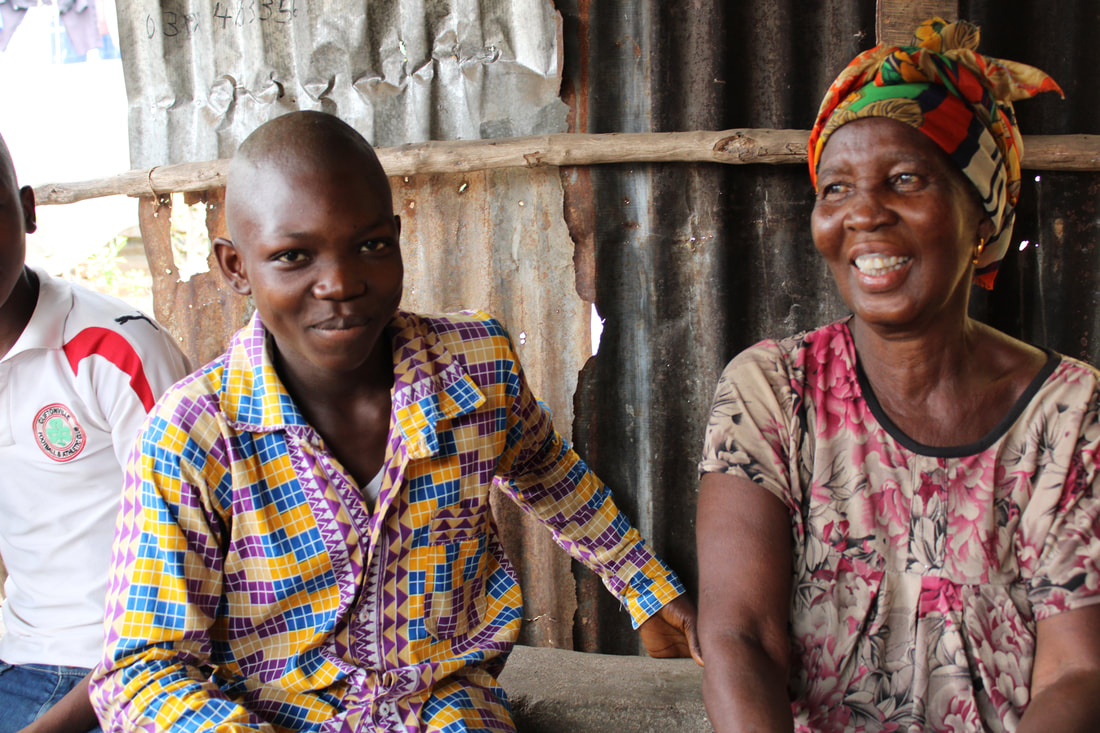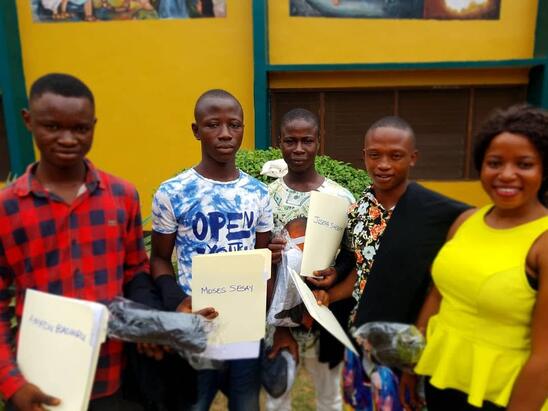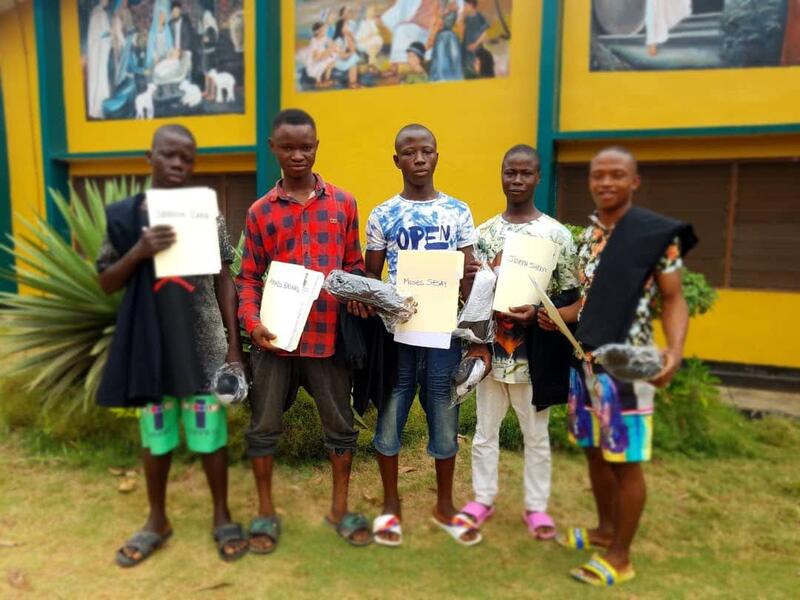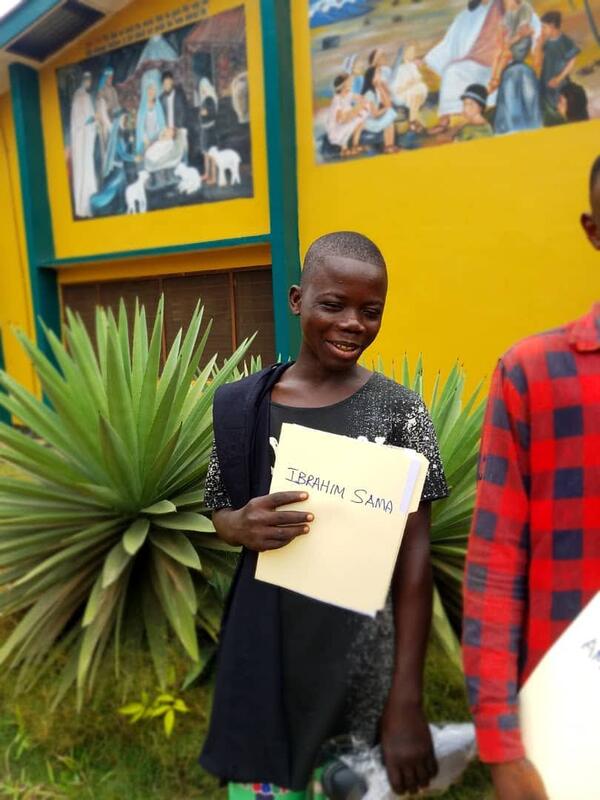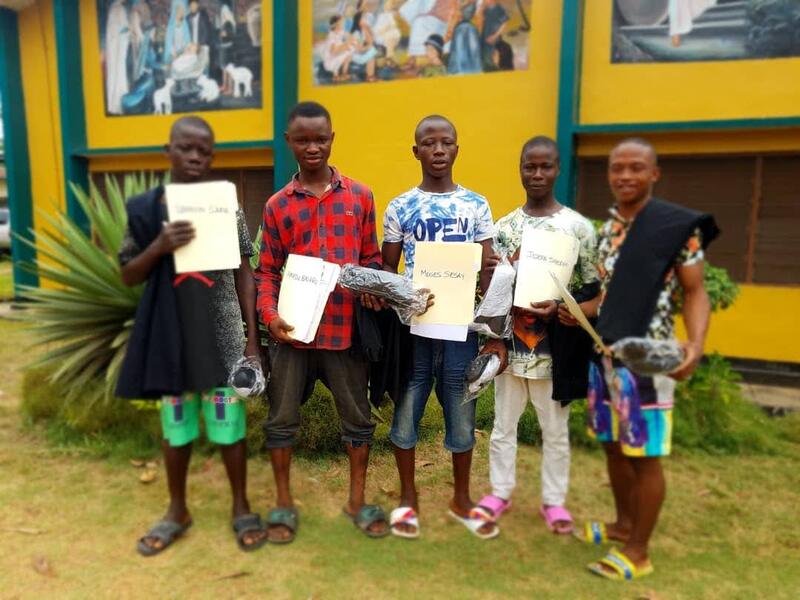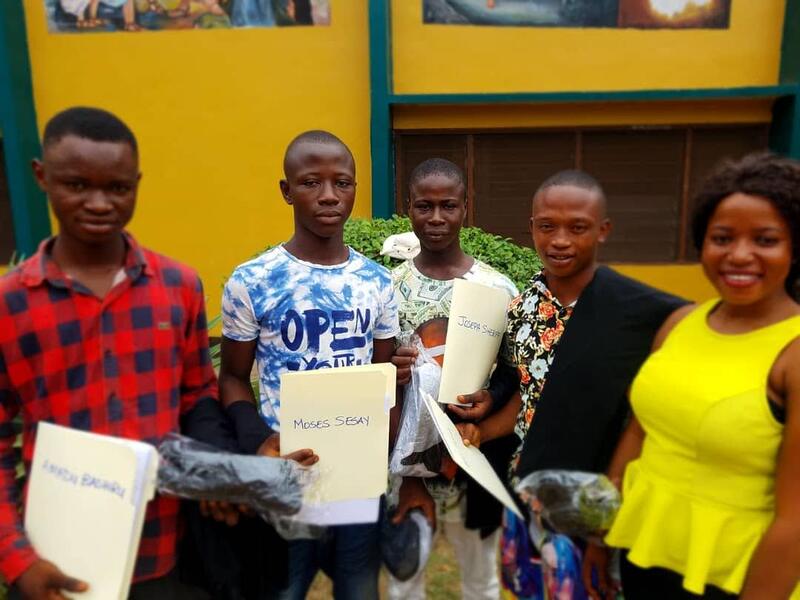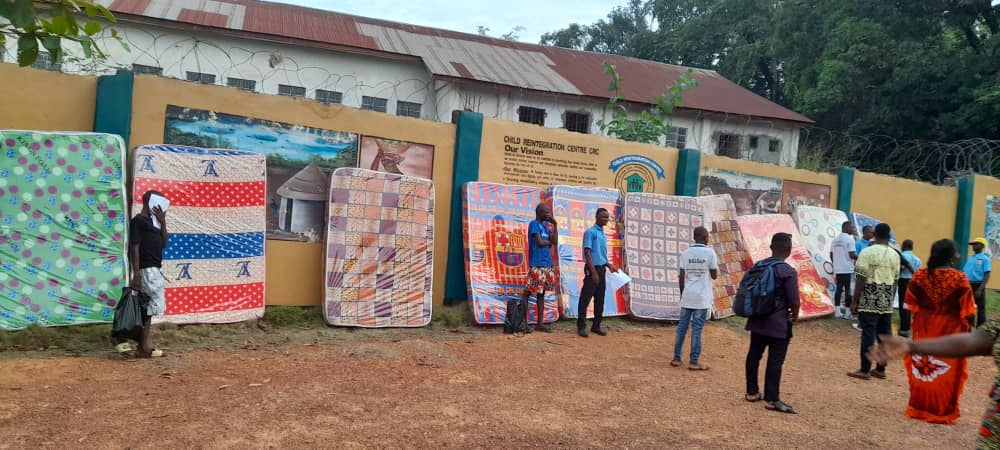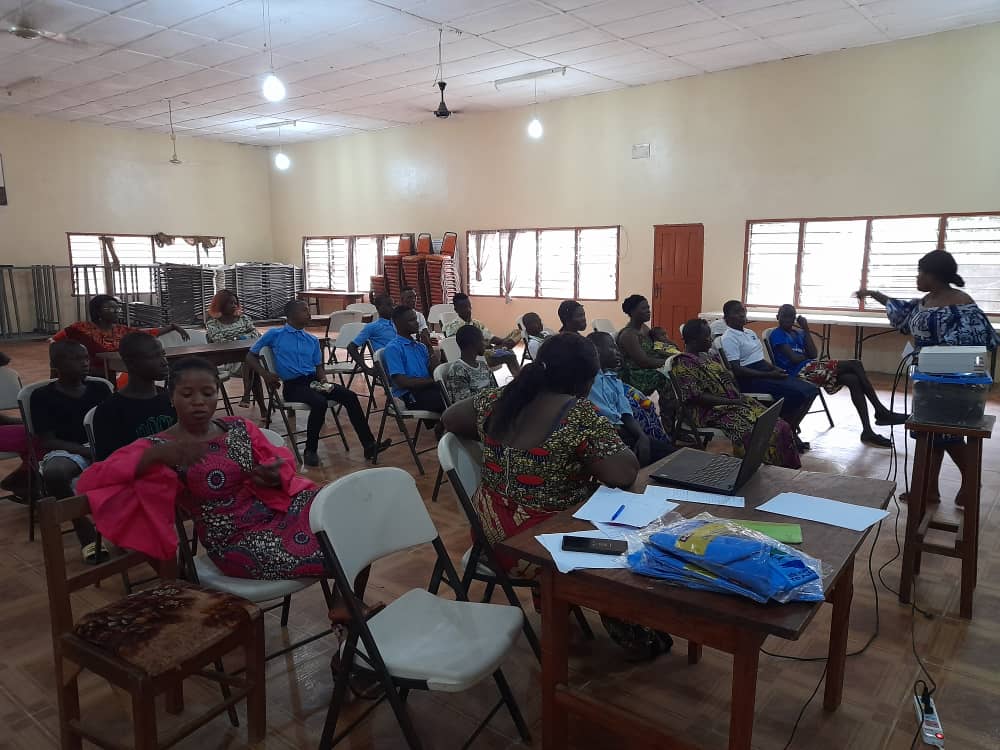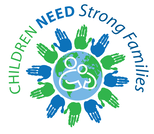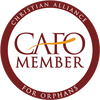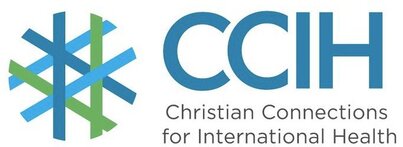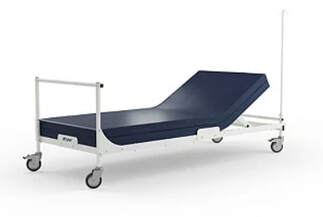 Project CURE is donating 100 emergency relief hospital beds like the one pictured. Project CURE is donating 100 emergency relief hospital beds like the one pictured. By Yasmine Vaughan, HCW Mission Project Specialist Apparently, hospital beds are not Prime two-day shipping eligible. One of the biggest obstacles to getting medical supplies to Sierra Leone is the shipping cost, especially for larger items that cannot be carried by mission teams. When HCW Board member Rick Peterson approached HCW and said he would cover the cost of shipping for hospital beds being donated to us by Project CURE, we jumped at the chance. Project CURE will be sending 100 emergency relief hospital beds to Sierra Leone, to replace some of the older or broken beds at Mercy Hospital. These beds are an incredible blessing to Mercy, but have also allowed us to be a blessing to others as well. In March of 2021, HCW formed the Rising Tides Global Public Health Coalition for organizations and individuals that share a calling to provide healthcare to vulnerable people around the world. Our goal is to share resources and best practices, and discuss shared obstacles. In our second meeting, we discussed the challenges we each had with getting supplies abroad, and Brent Phillips, CEO of Cherish Uganda hospital, told us how his organization spent almost $100,000 in shipping, customs, and other fees to get a container of supplies to his hospital in Entebbe, Uganda. When it became apparent that Mercy Hospital would only need 30 beds, we reached out to our partners in Sierra Leone and offered to let them have the extra beds. These hospital beds will not only go to Mercy Hospital, but will be placed in Kissy United Methodist Hospital in Freetown, the Sierra Leone Mission School Clinic in Freetown, Mission of Hope Rotifunk Hospital in Rotifunk, and the Rural Health Care Initiative's birth-waiting home in Bo. We are grateful to share this blessing with our partners, which has strengthened the relationships in the coalition and reminded us of one of the values we have at HCW: radical collaboration. We are really excited to place these beds in Mercy Hospital, and thankful that the beds being shared with the other clinics will be "helping children worldwide"!
0 Comments
Sulaiman's story: Like so many grandmothers in Sierra Leone, Hawa Mansaray is the provider and sole caretaker for several of her grandchildren. When her son Ansu fell ill from a chronic skin condition, she became responsible for yet another grandson named Sulaiman, who was seven years old at the time. It was a difficult transition for the little boy. Separated from his father, living in an over-crowded house with never enough to eat, Sulaiman began to suffer acutely from loneliness and deprivation. Out of desperation, he escaped to the streets of Bo, where he scraped out an existence with other street boys. Life on the streets was even harder, but Sulaiman was ashamed to return home. Heartbroken, Hawa searched everywhere for Sulaiman. His father came from the village and they scoured the markets and dumps every day, but they could not find him. “When Sualiman went missing, I was crying every day,” Hawa says. “My eyes were red. I had sleepless nights worrying about my grandson’s whereabouts. I cried until my eyeballs were swollen and they were about to fall out. But one thing that I did not lose is faith. I did not lose hope. I was still praying.” The Child Reintegration Centre social work team had just launched their mission to rescue street children when they encountered Sulaiman on the street. In fact, he was among the first group of children identified by the CRC for family reintegration. After a brief stay in the CRC’s interim home to stabilize his condition, case managers took Sulaiman home to his grandmother. Hawa was overwhelmed with joy to be reunited with her Sulaiman. “Oh my God! I can’t believe it,” Hawa recalls. “I nearly fainted when I saw Sulaiman back at home.” The CRC helped Sulaiman re-enroll in school and paid his school fees. As a client of the CRC, he received all of his school supplies, healthcare at Mercy Hospital, ongoing case management, and the opportunity to participate in developmental activities. The CRC case managers continue to visit Hawa's home, to check on the family and monitor their needs. Hawa and other close family members are mentored by the CRC case managers, and they have attended family strengthening classes, including the newly launched Attachment Theory workshop, where they learned skills about dealing with children who have suffered abuse, neglect, or abandonment. The family has also received material support. “During this pandemic, the CRC supplied us with food items. They educated us on COVID-19 prevention, sanitation, and hygiene. Since the CRC came to our aid, life has not been the same.” Sulaiman attends a junior secondary school near his grandmother’s home, where his attendance is regular and punctual. He takes his schoolwork seriously and aspires to go into the medical field someday. “I know my family is poor and uneducated,” he explains. “I want to be able to lift them out of poverty with my education. My country needs healthcare workers to help treat the many diseases we have. I want to be part of the healthcare solution.” Sulaiman’s dad Ansu’s health has improved, and he often visits Hawa’s house to spend time with his son. Sulaiman goes to the village on holidays and sometimes on weekends to see his dad. “It makes my heart happy to see Sulaiman going to school,” Ansu says. “I am happy for the relationship between me and my son.” Hawa is so grateful to the Child Reintegration Centre for rescuing her grandson from the streets and reuniting their family. “CRC was a God send,” Hawa says. “They came in when my hope was starting to fade away. I was beginning to think that Sulaiman was not coming back. But this God is always good. I will forever be grateful to Him and the CRC.” How the Child Reintegration Centre plans to bring thousands more children home to their familiesIt is estimated that there are up to 20,000 street-connected children (children who live or work on the street without appropriate adult supervision) in Sierra Leone. Helping Children Worldwide is working with the Child Reintegration Center to address the desperate need to bring street-connected children home to their families, and the Sierra Leonean government has tapped the CRC team to lead the way towards family reunification nationally. The CRC runs an effective family reunification program, but they are just one organization. To reunite the 20,000 children living on the street with their families, other child welfare organizations throughout Sierra Leone must be equipped and activated.
Helping Children Worldwide and the Child Reintegration Centre last year partnered with 1MILLIONHOME to launch the Transition Coaching and Mentoring Department (TCM). TCM helps organizations caring for vulnerable children make the transition from traditional orphanages to family-based care. Building on 2020's impactful regional workshop, Helping Children Worldwide is preparing to partner with the Sierra Leonean government to hold a family reunification training workshop for up to 100 organizations in the capital city of Freetown this fall. Organizations that participate in this National Family Reunification Workshop will continue the journey towards family-based care, as they are mentored and supported by the TCM team. With the government and the Child Reintegration Center leading the way, the goal is to transition all orphanages and residential institutions towards family-based care, and to collectively guide those 20,000 street-connected children back home. Helping Children Worldwide aims to reintegrate 400 children with families in just the first few years. With the promised participation of the President of Sierra Leone and key Cabinet members, the CRC is poised to work with 1MILLIONHOME to become a catalyst for the reintegration of the nation's separated children through the National Family Reunification Workshop. But we need your help! Click here to learn more about how you can support a mighty movement to reunite street-connected children with their families. The Child Reintegration Centre has rescued ten teenaged boys from the street and reunited them with their families. The CRC has helped each of the boys re-enroll in a local secondary school or in a technical-vocational education program.
The CRC counseling unit held a workshop for the boys and their parents to help them with the challenges of reunion and separation from street life. Among other topics, the workshop addressed the dangerous effects of drug and alcohol abuse, as most of the children reintegrated from the street have been abusing substances to help cope with the hardship of street life. The families, all of whom are economically vulnerable, will receive a stipend to help the care for their children, as well as much needed mattresses, linens, and toiletries. Dr. Aruna Steven and Matron Augusta Kpanabaum of Mercy Hospital facilitated the medical information portion of the workshop. With their enrollment in the CRC, the children become eligible to receive free health care at Mercy. Representatives from the local chapter of All for One witnessed part of the workshop. The CRC is helping organizations like All for One transition away from institutional care towards family care for vulnerable children. The children and their families all expressed gratitude to the CRC, for being reunited and for having the opportunity to get an education. “With what I have learned, I say 'bye bye' to cigarettes and marijuana,” former street child Musa said. "Learning a skill is better than collecting and selling metals on the street." |
Follow us on social media
Archive
July 2024
Click the button to read heartfelt tributes to a beloved Bishop, co- founder of our mission!
Post
|
Helping Children Worldwide is a 501 (c) 3 nonprofit organization | 703-793-9521 | [email protected]
©2017 - 2021 Helping Children Worldwide
All donations in the United States are tax-deductible in full or part. | Donor and Privacy Policy
©2017 - 2021 Helping Children Worldwide
All donations in the United States are tax-deductible in full or part. | Donor and Privacy Policy

